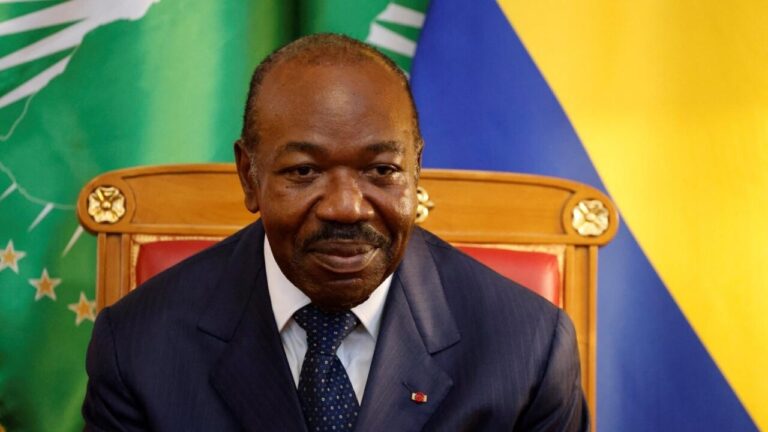Oil-rich Gabon will hold presidential, legislative and local elections on August 26, the west African country said Tuesday, with President Ali Bongo Ondimba strong favourite to win against a divided opposition.
Issued on:
Bongo has not yet said whether he will stand again, but he is widely expected to run for re-election.
His powerful Gabonese Democratic Party (PDG) holds strong majorities in both houses of parliament.
Bongo, 64, took over from his father, Omar Bongo Ondimba, the country’s ruler for 41 years, in 2009.
The president was narrowly re-elected in 2016, with just 5,500 more votes than rival Jean Ping who claimed the election had been fixed.
Bongo suffered a stroke in 2018 and spent months on the sidelines recovering, leaving the opposition to question his fitness to run the nation.
The Bongo family has ruled the country for 55 years already and is branded a “dynastic power” by the opposition.
But the opposition has failed to agree on a single candidate for the presidential election, leaving some 15 candidates to announce their intentions to stand.
In April, the Gabonese parliament voted to amend the constitution and reduce the president’s term from seven to five years.
Sections of the opposition criticised the changes, in particular the end of two rounds of voting, as a means of “facilitating the re-election” of Bongo.
The amendments bring all mandates into line at five years and make all elections single-round ballots again after the last changes to the constitution in 2018 set up two rounds of voting.
Wealthy
Gabon is one of the richest countries in Africa in terms of per capita GDP due largely to its oil, timber and manganese, and its relatively small population of 2.3 million.
It is among the leading producers of black gold in sub-Saharan Africa, which represents 38.5 percent of its GDP, and 70.5 percent of its export revenues.
In January, President Bongo announced a change of prime minister, appointing Alain-Claude Bilie-By-Nze to form a government.
Bilie-By-Nze, 55, is a close ally of the president and has held several ministerial jobs since 2006.
The previous premier Rose Christiane Ossouka Raponda was appointed vice president, whose role is to “assist” the head of state, though there is no provision to be interim president.
A former defence minister and mayor of the capital Libreville, she became prime minister in July 2020 and was the first woman to head a Gabonese government.
(AFP)



